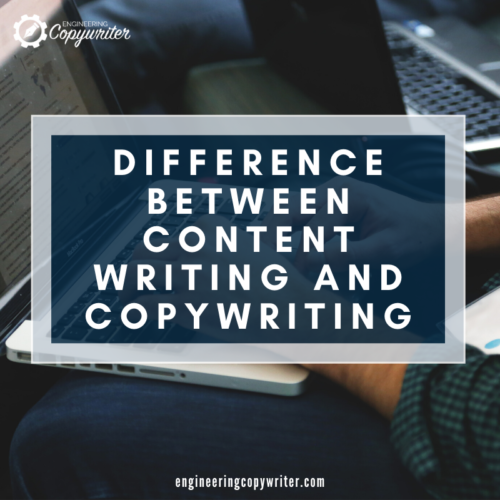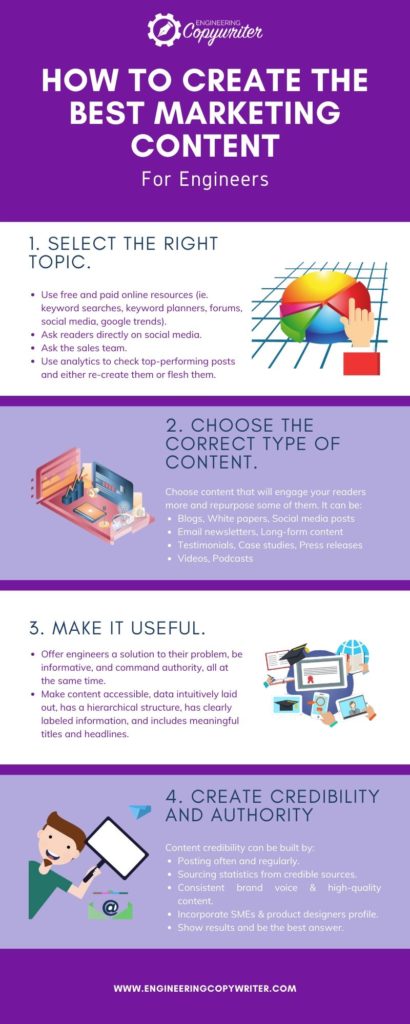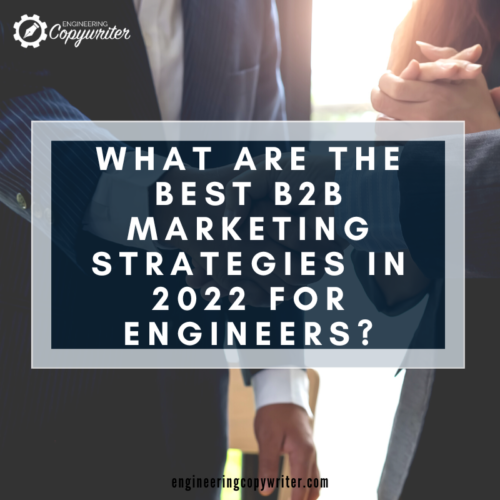3. Tone
 Several tones can be used in content writing. The tone will be primarily based on the kind of audience you’re writing for. A lifestyle blog’s tone, for example, is normally more informal and casual. Corporate whitepapers, on the other hand, have more formal tones and may contain technical terminology intended for professional engineers.
Several tones can be used in content writing. The tone will be primarily based on the kind of audience you’re writing for. A lifestyle blog’s tone, for example, is normally more informal and casual. Corporate whitepapers, on the other hand, have more formal tones and may contain technical terminology intended for professional engineers.
The tone of copywriting is, however, consistent and constant. It is descriptive, straightforward, and devoid of jargon so that it can reach the widest possible audience. Copywriting is employed to create a feeling of immediacy in the minds of the audience, motivating them to take rapid action, such as purchasing a product. A copywriter doesn’t want viewers to focus on nitty-gritty details.
4. Necessary expertise
If you want to follow one of these two paths, you should make sure you have the necessary skills. Fast typing, researching skills, CMS experience, a large vocabulary, effective writing tools, and an understanding of search engine optimization are all important for content writing.
The most essential requirement for copywriting is that you think creatively. This will enable you to come up with novel marketing methods. Narrative skills will help you construct stories that touch people. Because social media is such an important element of marketing, it’s a must-have area of understanding as well. Everything’s about communicating more with less.
5. Length
A content writer primarily creates long-form content such as articles, blogs, research papers, eBooks, case studies, etc. Every one of these categories necessitates extensive research in order to effectively convey the subject. The purpose of writing articles is to provide information, perspectives, and feedback. They can run anywhere from 500 to 5,000 words long.
A copywriter creates short-form content like advertisements, scripts, marketing copy, product descriptions, campaign slogans, social media content, pamphlets, posters, banners, flyers, etc. The length can vary substantially based on the type of material you’re creating. Nevertheless, it must still be concise, fast, and implementable in order to achieve quick results because few people will spend much time reading these posts.
When to use content writing
Employ content writing when your company wants to:
- – Provide information to readers about a certain subject
- – Develop trust and commitment for future sales
- – Concentrate on search engine optimization and driving traffic to the website
When to use copywriting
Employ copywriting when your company wants to:
- – Market a product or service to customers
- – Explicitly state your brand’s mission
- – Instill a feeling of urgency in your customers
- – Create an online presence that encourages users to accomplish a specific task
- – Convert visitors into customers or leads
Content writing or Copywriting?
The basis of content writing and copywriting are quite comparable. However, the distinctions noted above should provide a clear picture of the ways they differ in terms of content generation, style, and objectives. Both are essential parts of a strong online presence. Contact us today if you need either an engineering copywriter or content writer to help you with your white papers, case studies, and blogs.





 Long-form writing is common in content marketing strategies. As a content writer, you create written content (which can sometimes include multimedia) with the goal of informing, entertaining, and/or educating people. Pillar articles, eBooks, newsletters, podcasts, and engineering whitepapers are all examples of content writing. Engineering blogs can also be included in content writing as long as the intent is to inform readers, rather than compel them to buy a product. The core objective is to create useful content that your readers may utilize in their professional growth. Each time you create content, you should consider how your information may benefit others.
Long-form writing is common in content marketing strategies. As a content writer, you create written content (which can sometimes include multimedia) with the goal of informing, entertaining, and/or educating people. Pillar articles, eBooks, newsletters, podcasts, and engineering whitepapers are all examples of content writing. Engineering blogs can also be included in content writing as long as the intent is to inform readers, rather than compel them to buy a product. The core objective is to create useful content that your readers may utilize in their professional growth. Each time you create content, you should consider how your information may benefit others. Copywriting, on the other hand, has a very precise objective: to promote a specific product, service, or viewpoint. These pieces are typically shorter than their “content” counterparts. Since people aren’t interested in spending a lot of time reading ads, copywriters must summarize their messages in the simplest and briefest forms possible. Copywriting is essentially a precise content strategy. When you operate as a firm’s copywriter, your writing must be tailored to attract new clients and encourage them to buy specific products or services.
Copywriting, on the other hand, has a very precise objective: to promote a specific product, service, or viewpoint. These pieces are typically shorter than their “content” counterparts. Since people aren’t interested in spending a lot of time reading ads, copywriters must summarize their messages in the simplest and briefest forms possible. Copywriting is essentially a precise content strategy. When you operate as a firm’s copywriter, your writing must be tailored to attract new clients and encourage them to buy specific products or services. Several tones can be used in content writing. The
Several tones can be used in content writing. The 
